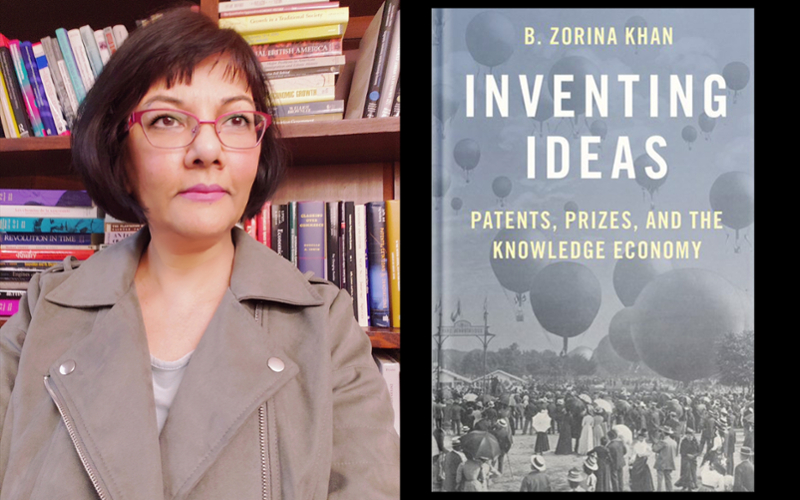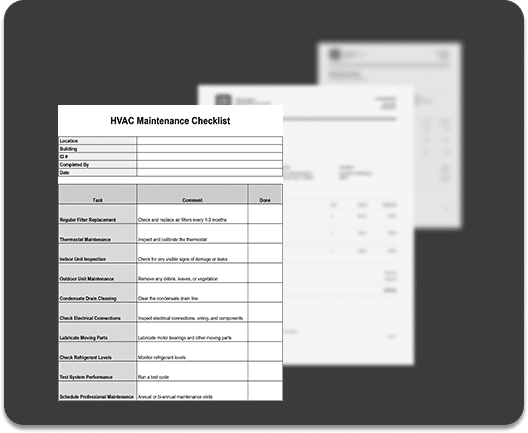
Back in 2006, her first work, The Democratization of Invention: Patents and Copyrights in American Economic Development (Cambridge University Press, 2005), was awarded the Alice Hanson Jones Biennial Prize by the Economic History Association (EHA). The book, which was immediately deemed “an economic history classic,” examines the evolution and impact of intellectual property rights in Britain, France, and the United States during the “long nineteenth century,” that is, from 1790 to 1920.
Fast forward to 2022, and Khan’s second, and latest, book, Inventing Ideas: Patents, Prizes, and the Knowledge Economy (Oxford University Press, 2020), has achieved the same feat, following a meeting of EHA scholars earlier this month, who decided that this too warranted the prize for outstanding work in American economic history.
Khan’s “groundbreaking study” asks why some countries succeed economically and others fall behind. “Inventing Ideas addresses fundamental questions about the sources of economic growth, by closely analyzing the behavior of over 100,000 innovative individuals across place and time,” explains Khan. “The novel theory and empirical results in my book challenge many widely accepted conclusions about the law and economics of technological change,” she adds. “It is therefore very rewarding to receive this validation and recognition for my work from the Economic History Association. And, of course, I am truly gratified to have been twice granted this prestigious ‘once in a lifetime’ award!”















